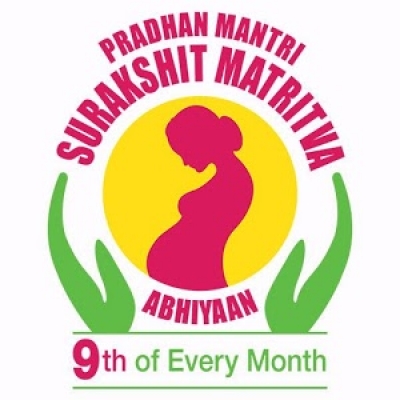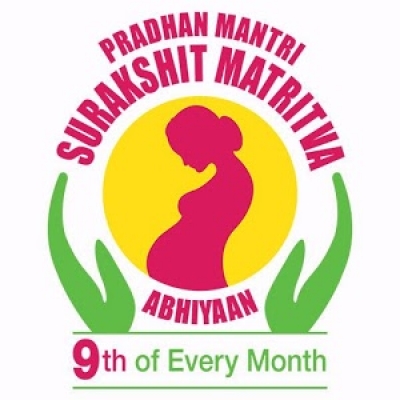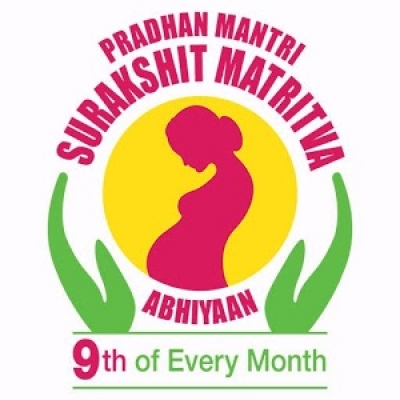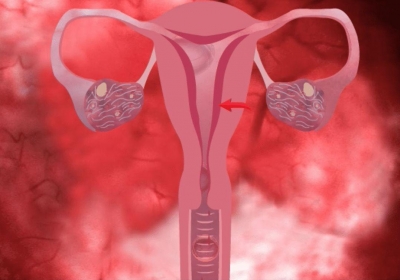The study highlights an important point. The Pradhan Mantri program is restricted to delivery of the first living child and also the pregnant women have to be above age 18 years. 11 per cent of the world’s teenage pregnancies happen in India. The recent National Family Health Survey (NFHS) estimates that 27 per cent of girls in India are married before their 18th birthday, that’s a third of all our young women. Maternal malnutrition has a direct impact on the child, as it causes inter-generational malnutrition, especially irreversible stunting. That has a severe impact on the health and productivity of a nation. and the above two clauses can defeat the purpose of the program as it could exclude a significant majority of the pregnant women from the benefits. In the sample of women where the study was conducted, less than half the women fit in the eligibility criteria. Many seemed oblivious to the existence of the program. The application process is also apparently cumbersome. According to the program the money is disbursed to the women in three instalments - upon registration of pregnancy, during one of the antenatal checkups, and during childbirth.
Pregnancy can be a financial burden for families, especially, for women who depend on daily wages for their sustenance. Many families may end up selling their assets to cover the costs of pregnancy. The PMMVY if implemented well, can provide partial wage compensation to women for wage-loss during childbirth and childcare and to provide conditions for safe delivery and good nutrition and feeding practices. The government has to ensure the benefits reach the women who need the most. This could have a great impact on reducing maternal mortality in India.




